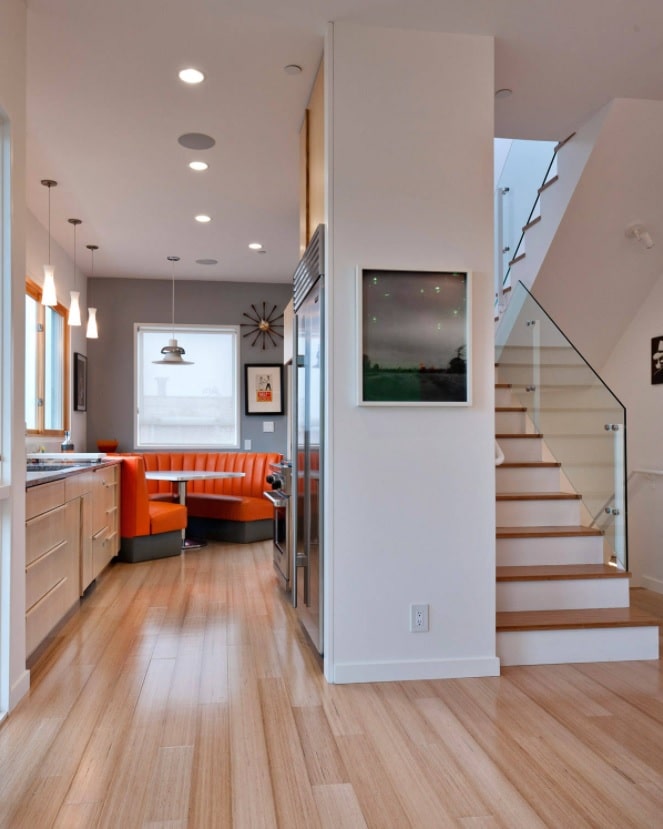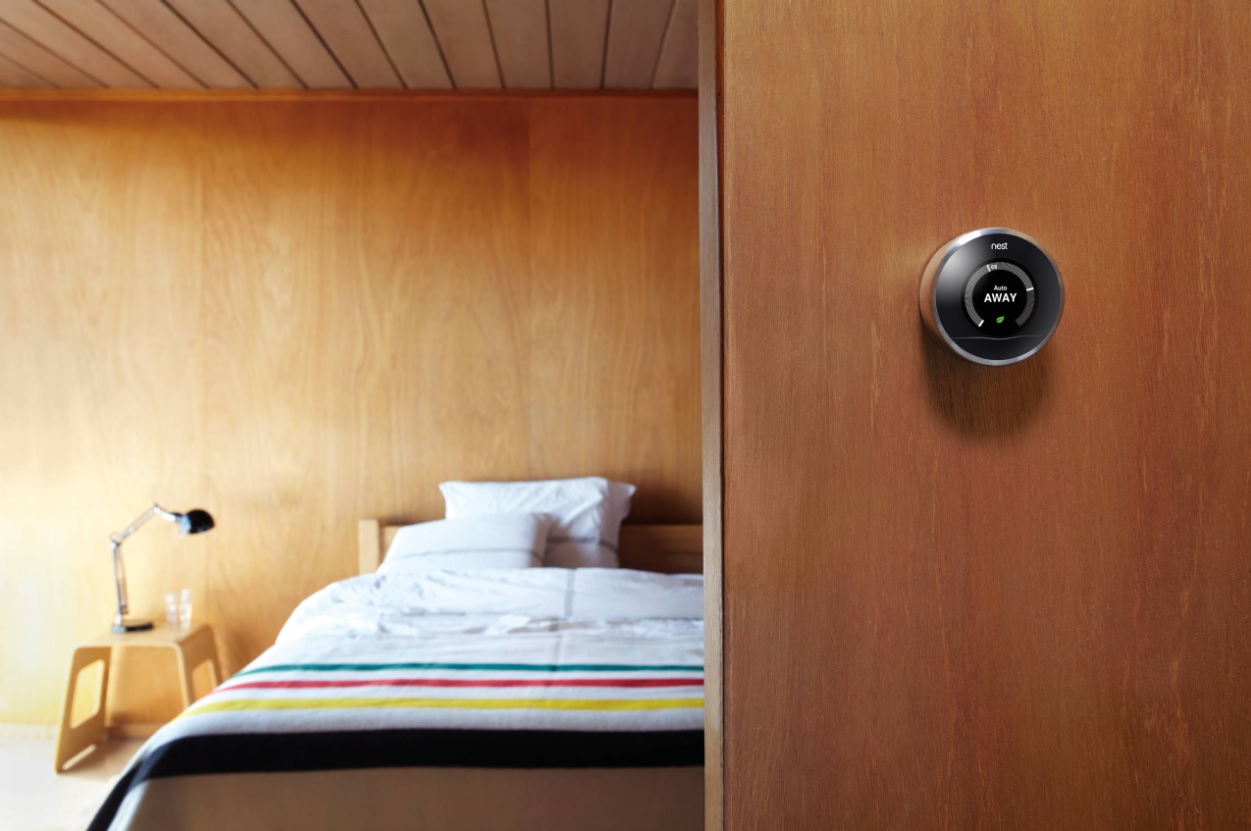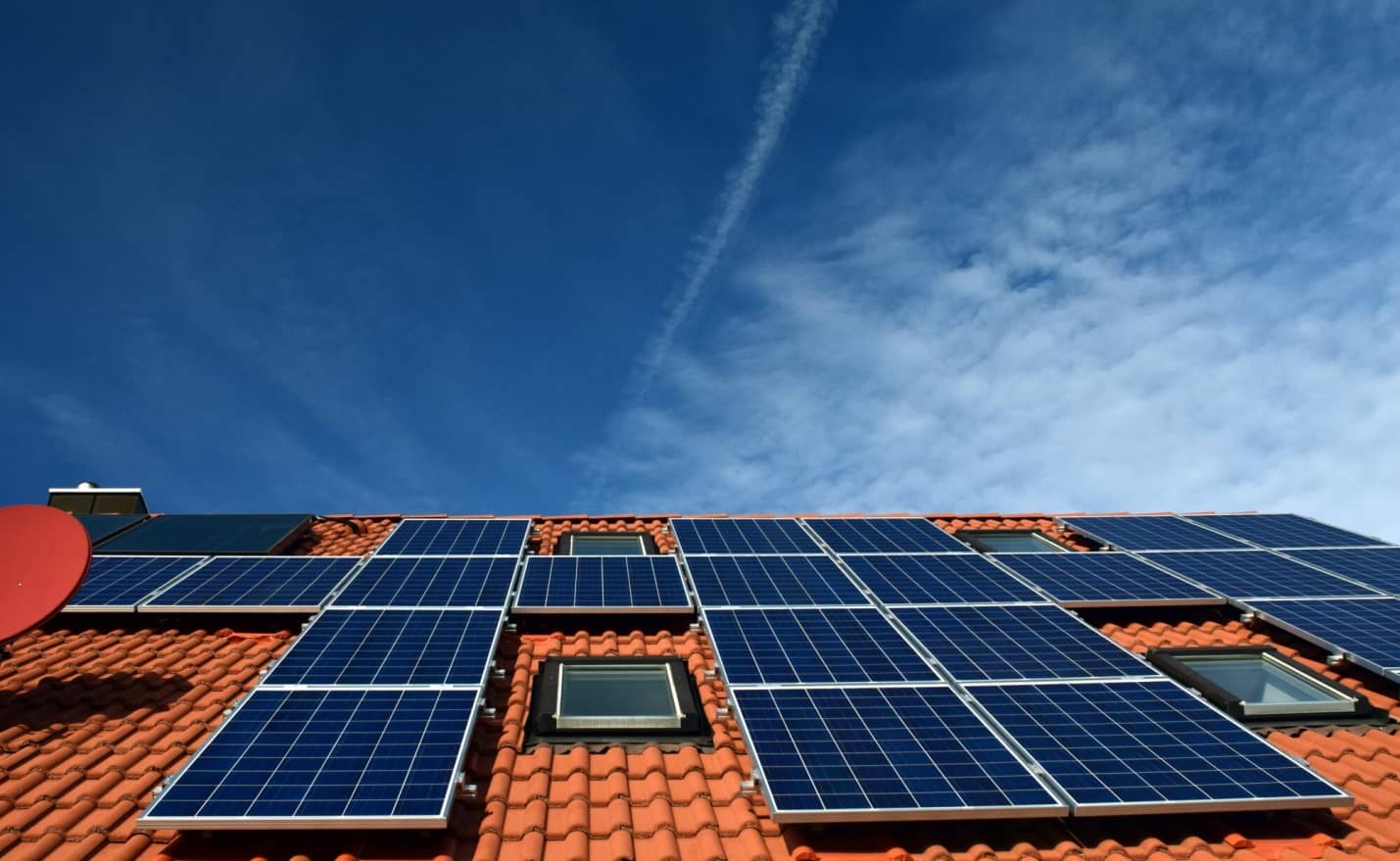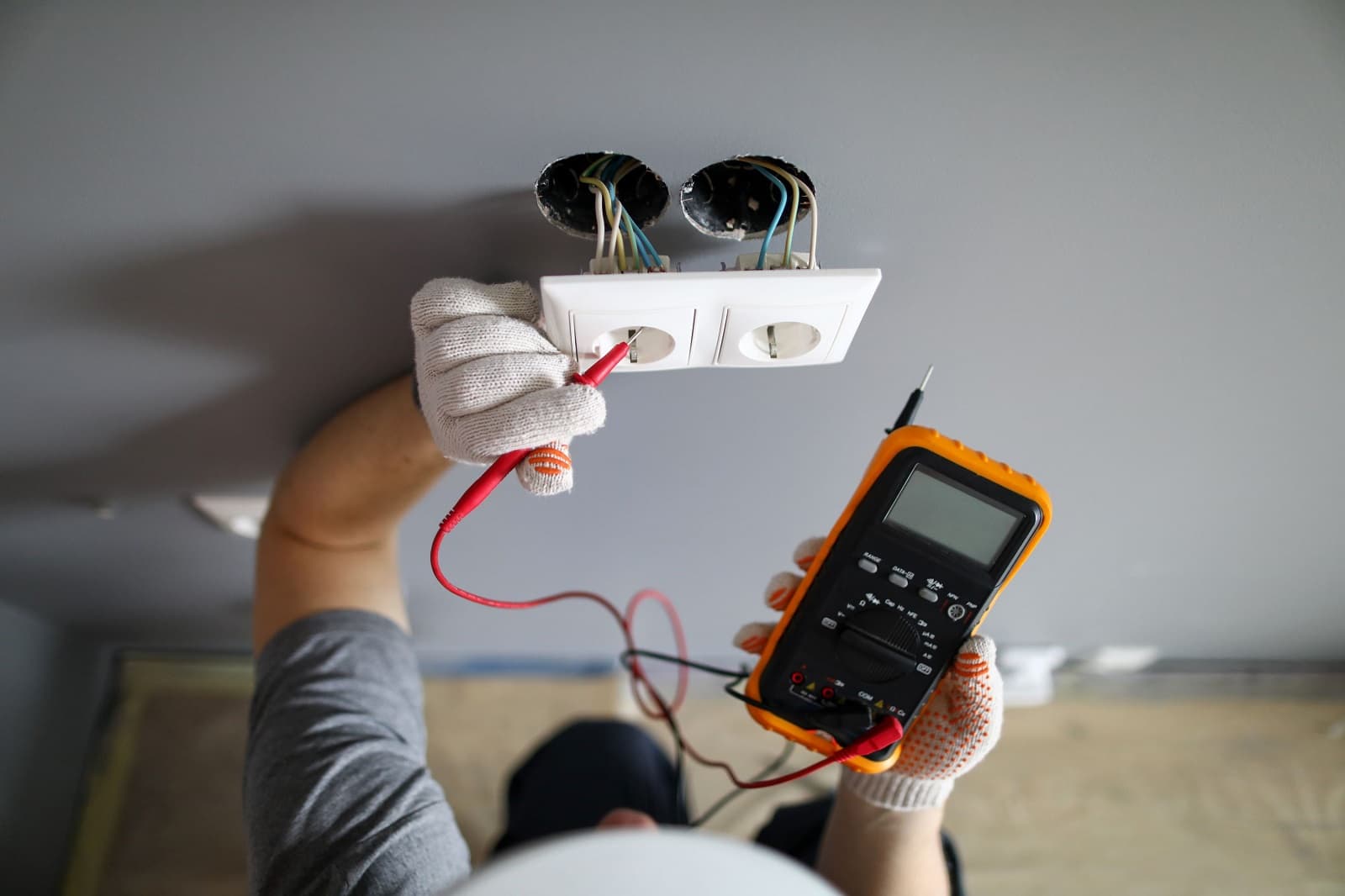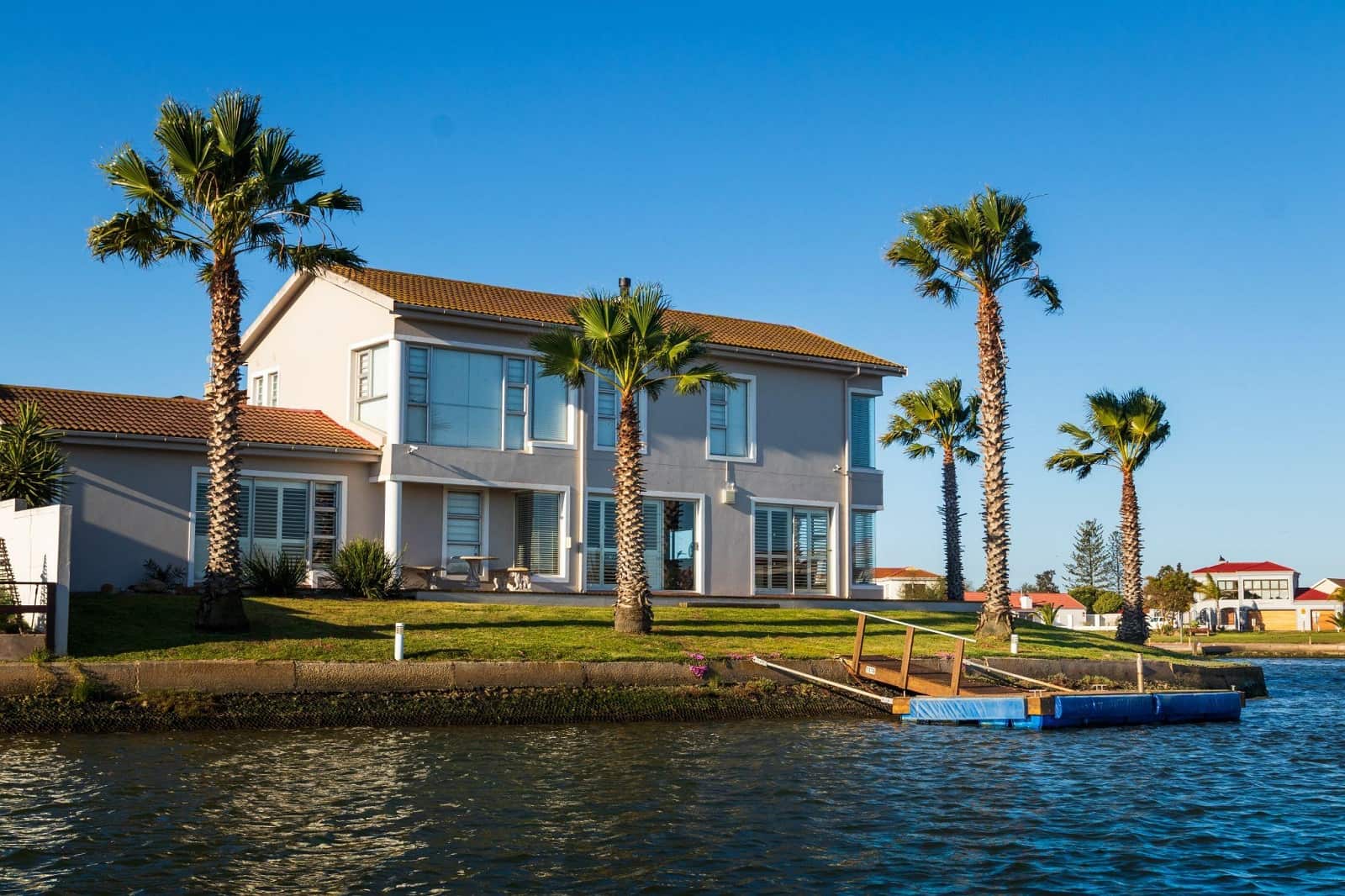Heating makes up close to one-third of the average American home utility bill, so choosing the right heating system that fits the family lifestyle is an important decision that can significantly save heating and HVAC repair costs.
Before choosing an HVAC company, know what type of heating system will fit the budget, the building type, and special requirements.
Consider Your Budget
Heating systems can vary in price depending on what is already in place for the existing HVAC system, but other factors like the condition of the building and fuel type can also influence the final bill, just as the type of heating system can.
Type of Fuel
Whether natural gas, electricity, geothermal, or heating oil, heating systems use a combustible fuel that releases heat directly or through a forced-air system that heats the home.
Heating System Categories
From most expensive to least expensive:
- Central heating
- Heat pump heating system
- Direct heating system
Central Heating System
The most expensive heating system also takes the most time. A specialized HVAC company installs a central heating system by placing vents and ductwork that connect to a furnace, boiler, or heat pump.
Central heating works by heating the air, then forcing it through the home. It is throughout instead of one room, allowing for greater control and evenness in the temperature, but the work necessary to install this system results in a higher cost alongside regular HVAC services like maintenance and cleaning.
A professional HVAC service can complete repairs on just one portion of the system if problems arise.
Central heating systems are ideal for:
- Newer buildings
- Homes that previously had a central heating system
- Smart thermostat and digital integration
These systems can be expensive and may take longer to install than simpler designs.
Heat Pump Heating Systems
With duct or ductless systems, heat pumps transfer heat between the home and the outside air. They’re high-efficiency and use the current heat rather than forcing a furnace or boiler to work.
After the correct installation in each room, ductless heat pumps can reduce the overall power usage and therefore reduce power bills by up to 50%.
Minisplit heat pumps and air conditioners with heat provide both heating and cooling options without requiring a system of ducts like central heating does and are often smaller in size overall or have a smaller indoor component than a larger outdoor unit.
Heat pump systems work well for:
- Mild climates, although heat pumps exist for more extreme winters
- Device integration like smart thermostats
- Buildings where installing central heating is not possible
Installation usually takes a day, and costs will depend on the number of rooms to be heated and cooled.
Direct Heating System
The least expensive system is the direct heating system. It heats the air directly around it using electricity or gas/kerosene.
Electric space heaters can be plugged into a traditional outlet or wired into the home’s electrical system, and versions can be wall-mounted or free-standing. The unit produces heat like a stove would and stops when unplugged.
Direct heating systems work quickly wherever they are plugged in, have long life spans, and don’t require any additional installation or cleaning like a central heating system would.
Space heaters are ideal for:
- Lower costs
- Portability or in small spaces
- Renting a space
However, while this heating system is inexpensive and may suit small spaces, it’s best used as an emergency backup to a more extensive system. Gas and kerosene space heaters must have a ventilation pipe installed and can otherwise produce deadly fumes like carbon monoxide indoors.
Conclusion
There are many different factors to consider when choosing the right heating system for your home, and the budget is just one part. Speak to a reputable HVAC installation company and ensure the heating system you choose will fit your life.

